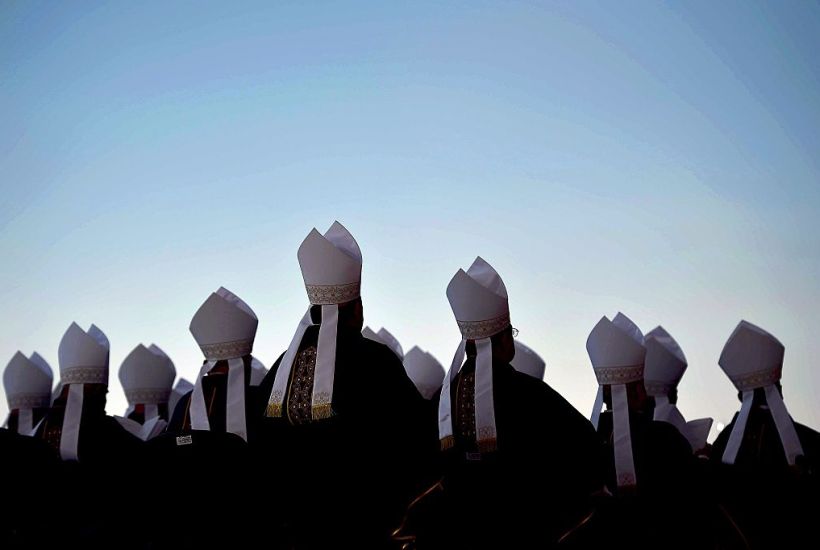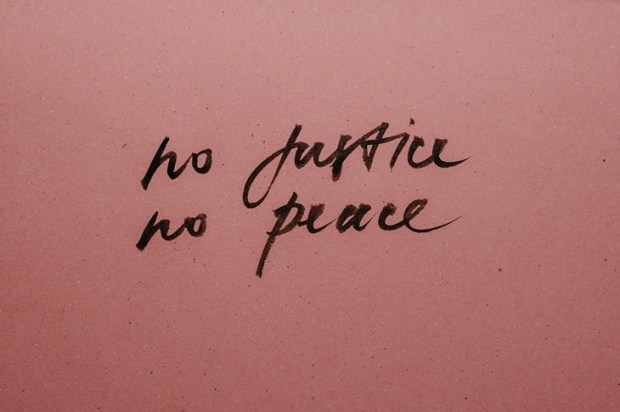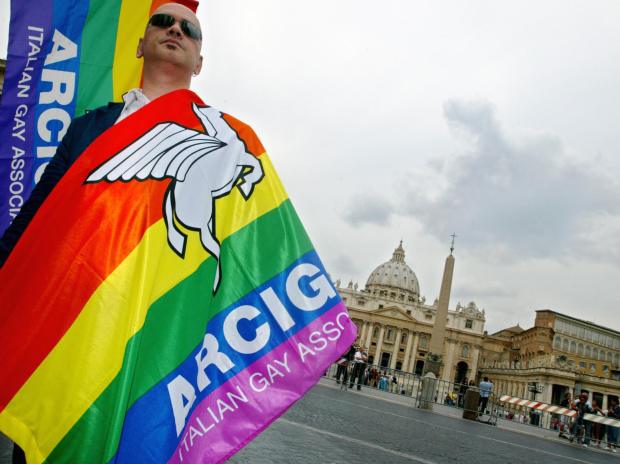There have been recent calls in California and Australian jurisdictions for the mandatory reporting of child sexual abuse by clergy even if it means lifting the seal of the confessional. The Canberra Times, for instance, reports that the ALP, Greens, and Liberals support legislation so that: “Priests in Canberra will soon be forced to break the seal of confession to report child abusers, despite fears the new laws impinge on religious freedoms.”
Already a subscriber? Log in
Subscribe for just $2 a week
Try a month of The Spectator Australia absolutely free and without commitment. Not only that but – if you choose to continue – you’ll pay just $2 a week for your first year.
- Unlimited access to spectator.com.au and app
- The weekly edition on the Spectator Australia app
- Spectator podcasts and newsletters
- Full access to spectator.co.uk
Or


























Comments
Don't miss out
Join the conversation with other Spectator Australia readers. Subscribe to leave a comment.
SUBSCRIBEAlready a subscriber? Log in